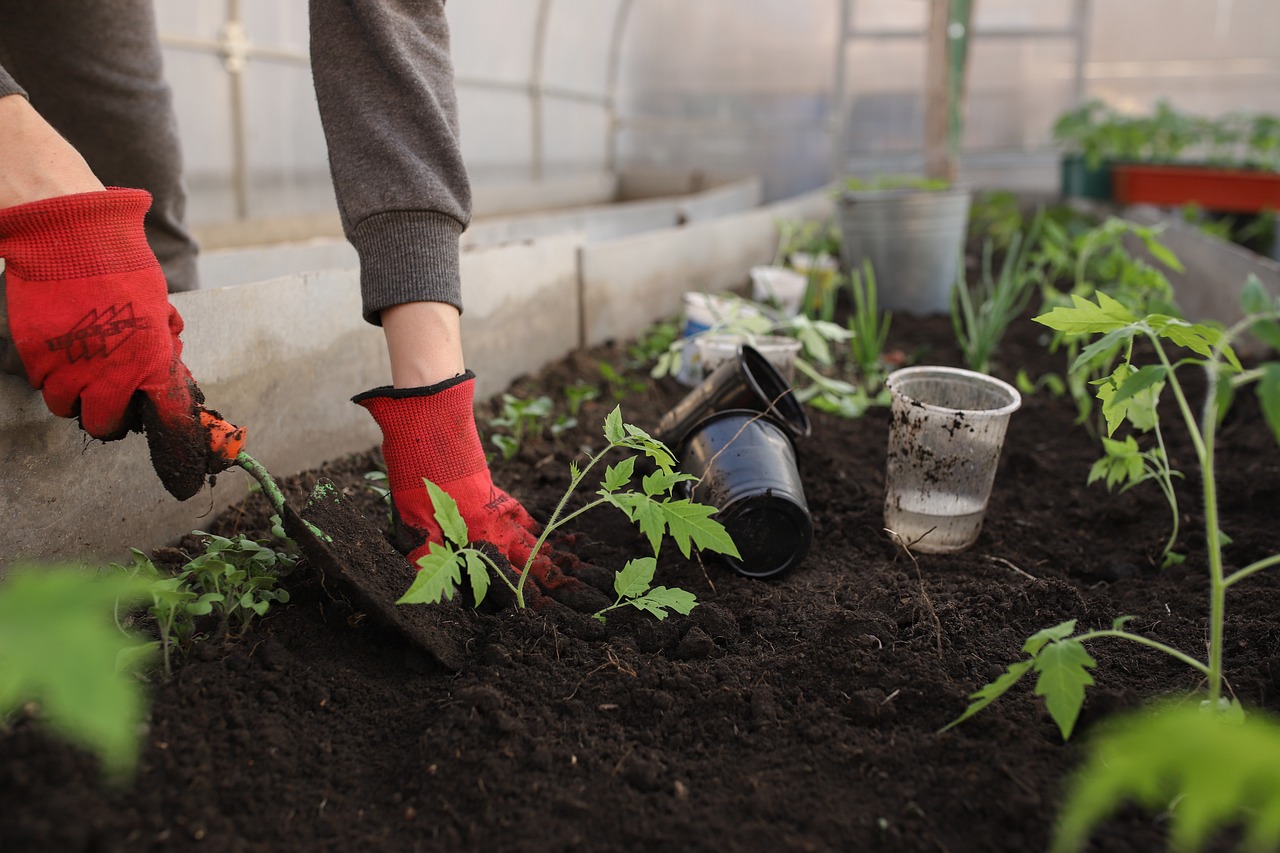The foundation of any flourishing garden is the quality and health of its soil. As experienced professionals servicing the landscape and gardening industry, we appreciate the importance of optimizing soil fertility and structure for gardeners looking to foster lush, vibrant plant growth. Achieving productive, nutrient-rich garden soil translates to stronger plants, brighter blooms, and increased resistance to pests and diseases. To support you in your quest for beautiful outdoor spaces, we bring you a comprehensive guide to understanding garden soil and its crucial role in nurturing a thriving and rewarding garden.
This insightful article will delve into the different types of garden soil—from loam, sand, silt, clay, and variations in between—each with its unique properties, advantages, and challenges. With a solid understanding of your garden’s soil type, our expert advice will guide you in making informed decisions on soil amendments tailored to your specific garden needs. We will cover a wide range of amendments, including organic matter, sand, peat, and lime, highlighting their benefits and applications in enhancing soil structure, fertility, and drainage.
Additionally, we will explore essential soil management practices that foster a healthy garden bed, such as proper watering, nutrient balancing, and crop rotation. With an in-depth knowledge of garden soil types and amendments, coupled with effective management practices, you will be well-equipped to create the ideal environment for a successful garden. Rely on our expert guidance for exceptional garden soil products and invaluable resources to nurture a vibrant, productive outdoor space that you can take pride in.
Identifying Your Garden Soil Type
To optimize your garden’s soil, it’s essential to understand its basic composition and characteristics. Garden soil typically falls into these primary categories:
1. Sand: Sandy soils are known for their coarse texture, excellent drainage, and low capacity to hold nutrients and water. Consequently, plants growing in sandy soil may require frequent watering and fertilizing to ensure optimal growth.
2. Silt: Silty soils have a smooth, slippery texture when wet and often contain more nutrients than sandy soils. While they retain moisture better, they may also be prone to compaction, which can hinder root development and water absorption.
3. Clay: Characterized by its dense, sticky texture when wet, clay soil is generally rich in nutrients but can suffer from poor aeration, drainage issues, and compaction.
4. Loam: Often considered the ideal garden soil type, loamy soils are a well-balanced mixture of sand, silt, and clay particles. They offer excellent drainage, aeration, and nutrient retention, creating a perfect environment for most plants to flourish.
Tailoring Soil Amendments to Your Garden’s Needs
Once you have identified your garden soil type, it’s time to consider amendments that can help improve its structure, fertility, and water retention. Some popular amendments include:
1. Organic Matter: Compost, aged manure, and peat moss are common organic amendments that can help improve soil structure, nutrient content, and water retention for various soil types. Regularly add organic matter to your garden beds to enrich your soil and support healthy plant growth.
2. Sand: Adding coarse sand to clay and silty soils can help improve drainage and aeration. Be careful not to create a cement-like mixture when incorporating sand into clay soils, as this could further complicate drainage and aeration issues.
3. Peat: Known for its acidic nature and water retention capabilities, peat can help improve the structure and nutrient content of sandy and clay soils. However, be mindful to use peat sparingly as it can exacerbate drainage issues in clay-based soils.
4. Lime: If your soil is overly acidic, applying lime can help balance the pH and increase nutrient availability for your plants. Keep in mind that lime takes time to affect soil pH, so it’s crucial to test and amend well before planting season.
Promoting Healthy Soil Through Effective Management Practices
Beyond amendments, effective soil management practices can further enhance the health of your garden:
1. Proper Watering: Avoid overwatering your plants, which can lead to waterlogged soil and root rot. Instead, water deeply and less frequently to encourage strong, deep root systems.
2. Nutrient Balancing: Conduct regular soil tests to determine nutrient levels and imbalances in your garden. Based on the results, apply appropriate fertilizers and amendments to ensure your plants receive the necessary nutrients for optimal growth.
3. Crop Rotation: Implement crop rotation in your garden by planting different types of vegetables in the same area each year. This practice can help prevent soil nutrient depletion and minimize the buildup of soil-borne pests and diseases.
4. Mulching: Apply a layer of organic mulch, such as wood chips, leaves, or straw, around your plants to help retain moisture, regulate soil temperature, and suppress weeds. As the mulch breaks down, it contributes valuable organic matter to your soil.
Embracing the Power of Living Soil
Healthy garden soil is teeming with beneficial microorganisms, fungi, and earthworms that support robust plant growth by breaking down organic matter, enhancing nutrient availability, and creating a well-aerated soil structure. Encourage these beneficial soil-dwellers by:
1. Minimizing Soil Disturbance: Limit tilling and turning off your garden beds to avoid disturbing the natural soil structure and microbial communities.
2. Adding Compost: Regularly incorporate well-aged compost into your garden beds to introduce beneficial microorganisms and foster a thriving soil ecosystem.
Conclusion
A deep understanding of your garden soil type and its unique attributes, tailored amendments, and thoughtful management practices empowers you to create the perfect environment for a lush, rewarding outdoor space. Trust Reliable Soil Co. Inc.’s expert guidance for exceptional garden soil products and invaluable resources to help you cultivate the vibrant, fertile oasis that you can cherish and enjoy season after season.

